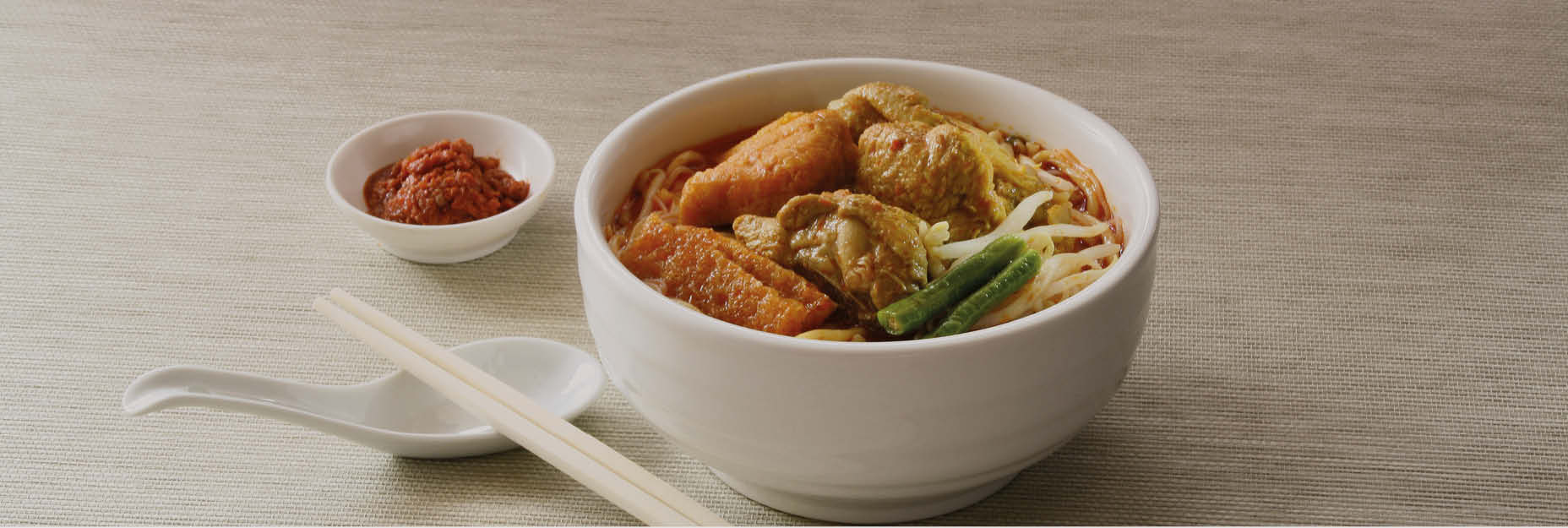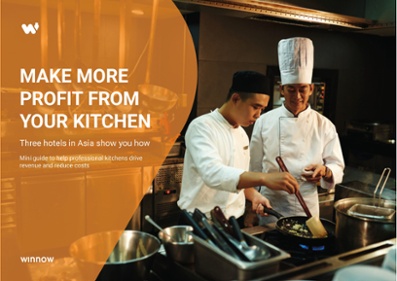Malaysia is a food paradise. When it comes to eating, locals and tourists are spoiled for choice. Options can range from the night markets to fine dining. However, so much food ultimately results in food waste. According to the Solid Waste Management and Public Cleansing Corporation (SWCorp), Malaysia waste enough food to feed 12 million people a day. The country’s population bins up to 16,688 tonnes of food daily. And, on top of that, the amount rises by 15%-20% during festive seasons, such as Ramadan.
The good news is that food waste generates positive opportunities for the hotel sector. As the local hotel sector continues to grow - the number of hotel rooms increased by 28% from 2013 to 2017 - competition and the need for differentiation also grow. By reducing food waste, hotels can differentiate themselves as sustainable brands. And also, they can improve their kitchen profitability with a leaner F&B operation.
At Winnow, we work with over 1000 kitchens in more than 40 countries. From our experience, we have found that kitchens that embrace technology to reduce food waste reach better and long-lasting results. Also, we have found that with these three simple changes, hotel kitchens can efficiently cut food waste and consequently increase profitability. See them below:
Minimise waste with smart packaging. Instead of storing food in plastic containers, invest in a vacuum packing machine. With vacuum sealing, food lasts longer than using other storage methods. It is a great way to store surplus food that would usually be thrown away. It helps you minimize wastage and costs at the same time.
Save time with labelling machine: Labelling food by hand is time-consuming and prone to error, as people can make mistakes, and their handwriting is not always clear. Using a labelling machine can help you ensure consistency, save time for your kitchen staff and improve operating efficiency.
Rely on technology to reduce your food waste effectively: Food waste management tools, such as the Winnow Vision and Winnow Waste Monitor, provide data to drive improvements in kitchen production processes. These tools help chefs cut food waste in half, saves money and reduce their environmental footprint at the same time. Kitchens that use technology tend to see a 40%-70% reduction in food waste within 6-12 months, driving food cost savings in the range of 2%-8%. It significantly improves margins while doing the right thing.
Food waste is a severe issue in Malaysia. But the country’s hotel sector has the opportunity to take advantage of the financial benefits of reducing food waste while helping the environment. We are proud to work with some of our Malaysian clients from Hilton, Marriot, Club Med and AccorHotels. Join them today to fight food waste and protect your bottom line.










Comment on my blog